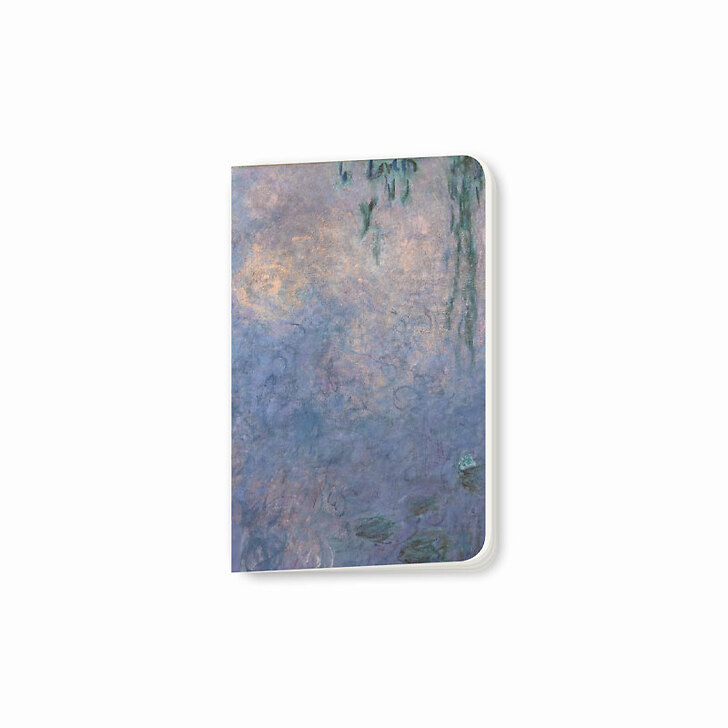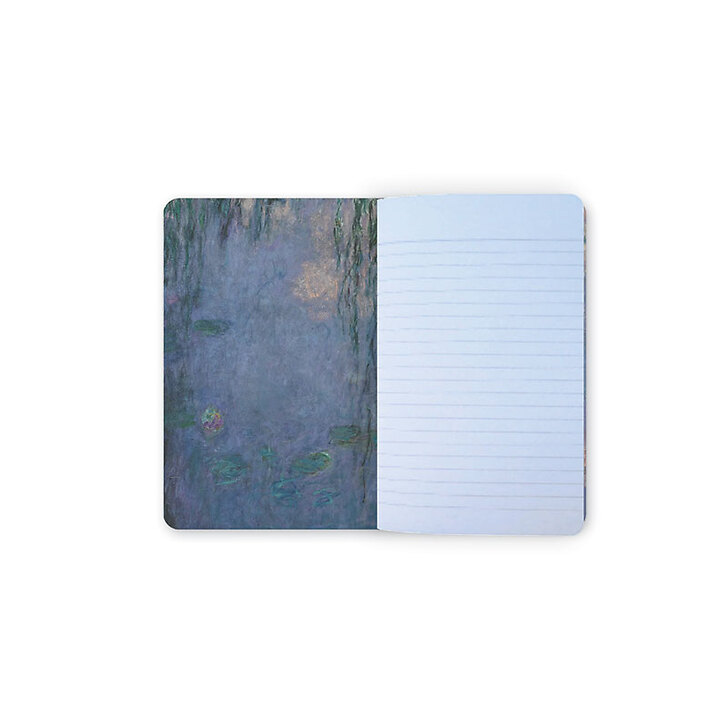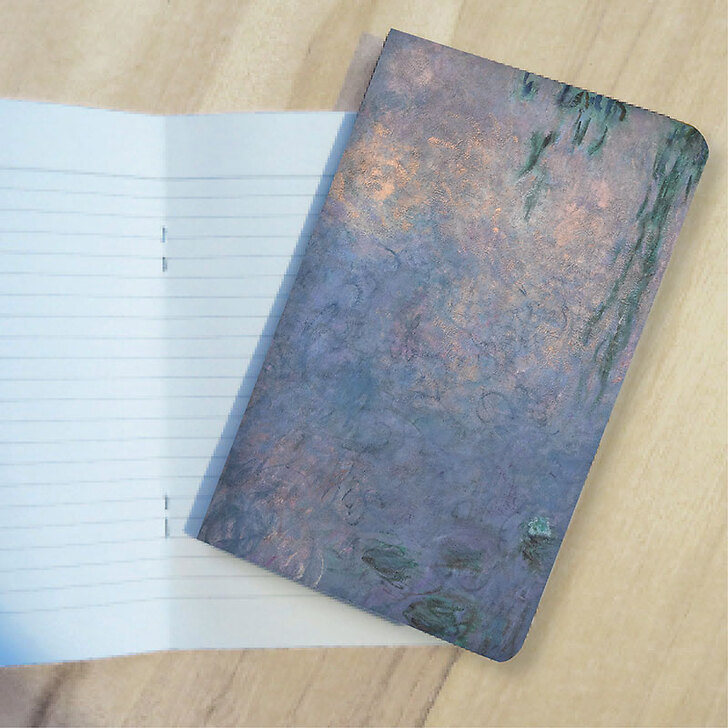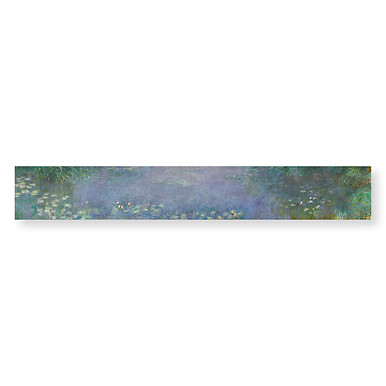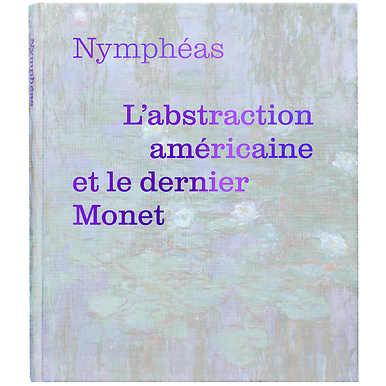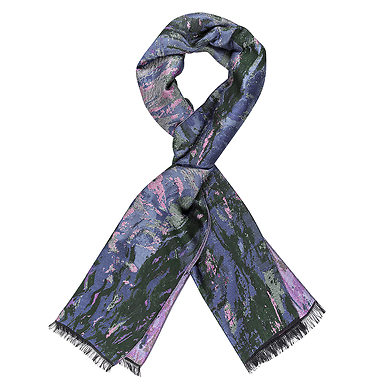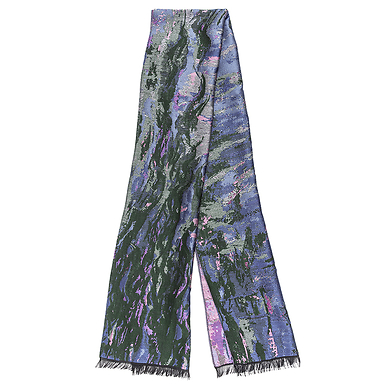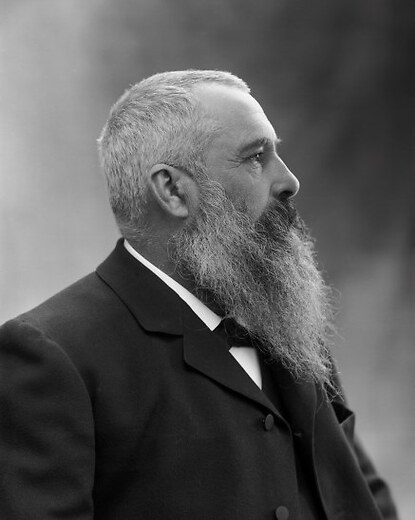Small Notebook Claude Monet - The Water Lilies - Morning with Willows
IP161004
Read more
Sold by GrandPalaisRmn
Characteristics
- Number of pages
- 56 pages lignées
- Museums
- Musée d'Orsay, Musée de l’Orangerie
- Themes
- Landscape, Made in France
- Maintenance
- Store in a dry place
- Artist
- Claude Monet (1840-1926)
- Art movement
- Impressionism
- Reference
- IP161004
- EAN
- 3336728634560
- Matière de l'article
- Paper, cardboard
- Model dimensions
- 16cm x 10cm
- Diffusor
- BOUTIQUE GRAND PALAIS
- Distributor
- BOUTIQUE GRAND PALAIS
- Conservation museums
- Paris - Musée de l’Orangerie, Paris - Musée d'Orsay
